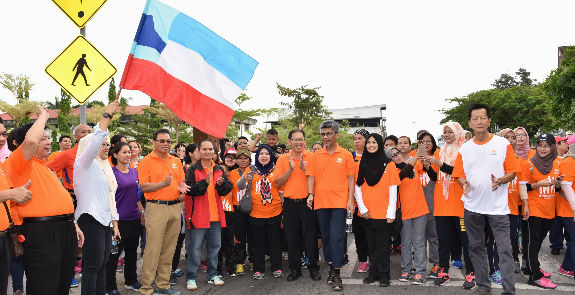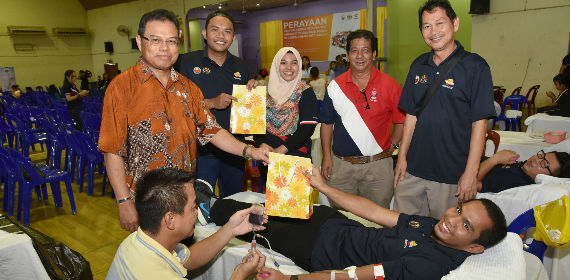Thalassemia awareness programs in Malaysia
Repsol, in collaboration with the Malaysian Ministry of Health and Thalassemia Society, have facilitated the performance of blood analyses for future spouses and pregnant women to determine if they are carriers and combat the disease at the source.
Objectives
Promote and increase awareness about the disease of thalassemia in the community
Encourage the public to donate blood to help thalassemia patients who need constant blood transfusions
Involve the community in the fight against the disease to eradicate thalassemia in Malaysia by 2030
You may also be interested in
You may also be interested in




